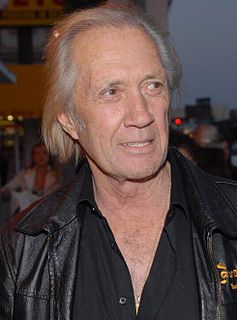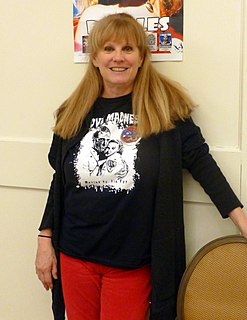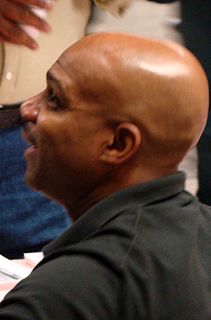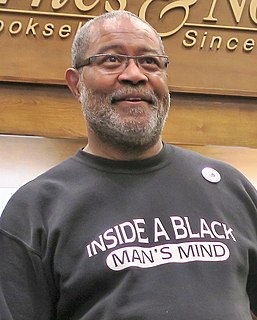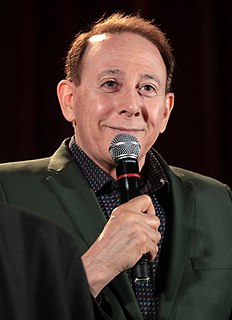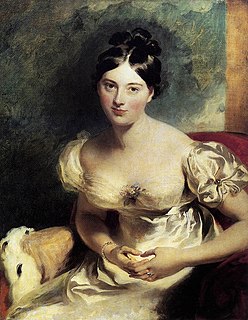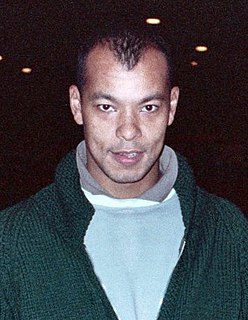A Quote by David Carradine
The success of the '86 movie with Brandon Lee demanded some kind of continuation. Plus, I had always contemplated a modern version.
Related Quotes
I've always thought what was I before I was this and then what will I be when I leave here. I really had a hard time always accepting that at some point I'm just going to turn to dust and ashes and never be again and that the journey would stop. I believe that we are souls, kind of like a version of what our movie presents, and we come here again and again until we arrive at our highest evolution, and what happens after that I don't know.
I've had the same friends I've always had. I mean, I've lost a few over the years. Hate to use the word "success," but I don't know what else to say, but some people are more affected by that than others. I've had the same core group of friends that I've always had. We're surfing, so that definitely keeps you grounded. Just when I think I'm cool because we're playing these massive shows or having some sort of commercial success, I can always be reminded how small I am when I try to surf a wave that's a little bit out of my league, and I just get pummeled.
